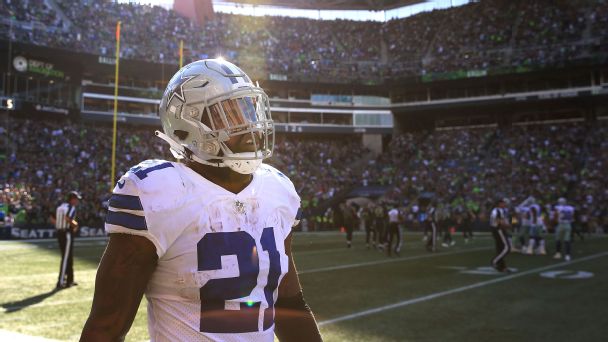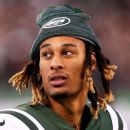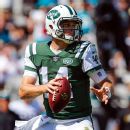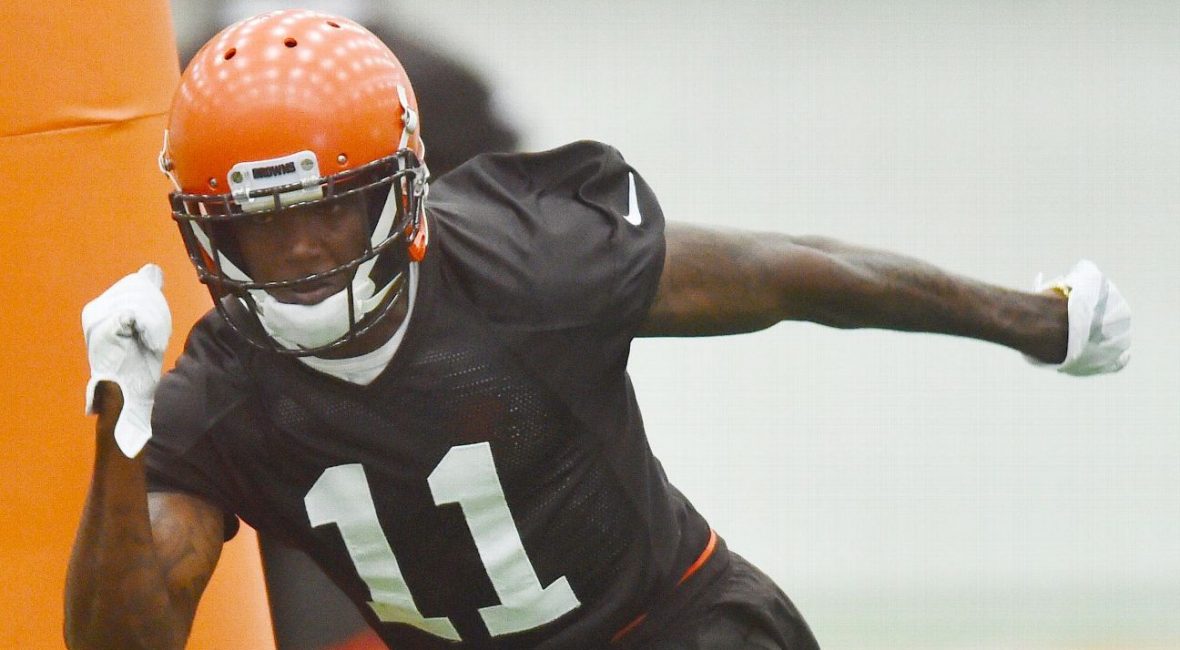COSTA MESA, Calif. — The Los Angeles Chargers will be without the services of receiver Travis Benjamin for at least two more weeks, with the earliest he could return to the field being a Week 8 contest against the Tennessee Titans in London.
Benjamin was active last week against the San Francisco 49ers but only played five snaps after re-aggravating a foot injury that forced him to miss the previous two games against the Buffalo Bills and Los Angeles Rams.
Benjamin had a cast on his right foot and did not practice this week to promote healing.
“He’s a speed guy,” Chargers coach Anthony Lynn said. “It’s not like it’s a hamstring or an upper body injury, so he has to feel good about it before he gets out there. So we put him in the cast to take some of the pressure off his foot, just so he’s not trying to practice.”
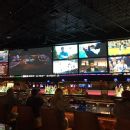
Which NFL underdog can pull off a Week 5 upset? Here’s why Aaron Schatz thinks you should look at the Arizona Cardinals.
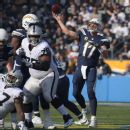
Philip Rivers, who practically owns the Raiders, gets his first shot at Jon Gruden’s iteration of the Silver and Black.
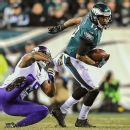
Winners and projections for every matchup. Fantasy nuggets to get you through the weekend. Catch up on Week 5 here.
2 Related
Lynn went on to say that Benjamin has a heel injury and the team will let him rest for a few weeks.
Benjamin, 28, played in all 16 games for the Chargers last season, finishing with 34 receptions for 567 yards and four touchdowns. He has totaled just two receptions for 3 yards in one game this season — the opener against the Kansas City Chiefs.
Also on the injury front for the Chargers, defensive end Joey Bosa and linebacker Kyzir White have been ruled out for Sunday’s game against the Oakland Raiders, while right tackle Joe Barksdale is doubtful and left tackle Russell Okung is questionable.
Bosa has a bruised left foot and is not expected back until after the team’s bye week against the Seattle Seahawks in Week 9 at the earliest, while White had knee surgery earlier this week.
Lynn said Okung (groin), who was a limited participant in practice on Friday, will be a game-time decision.




